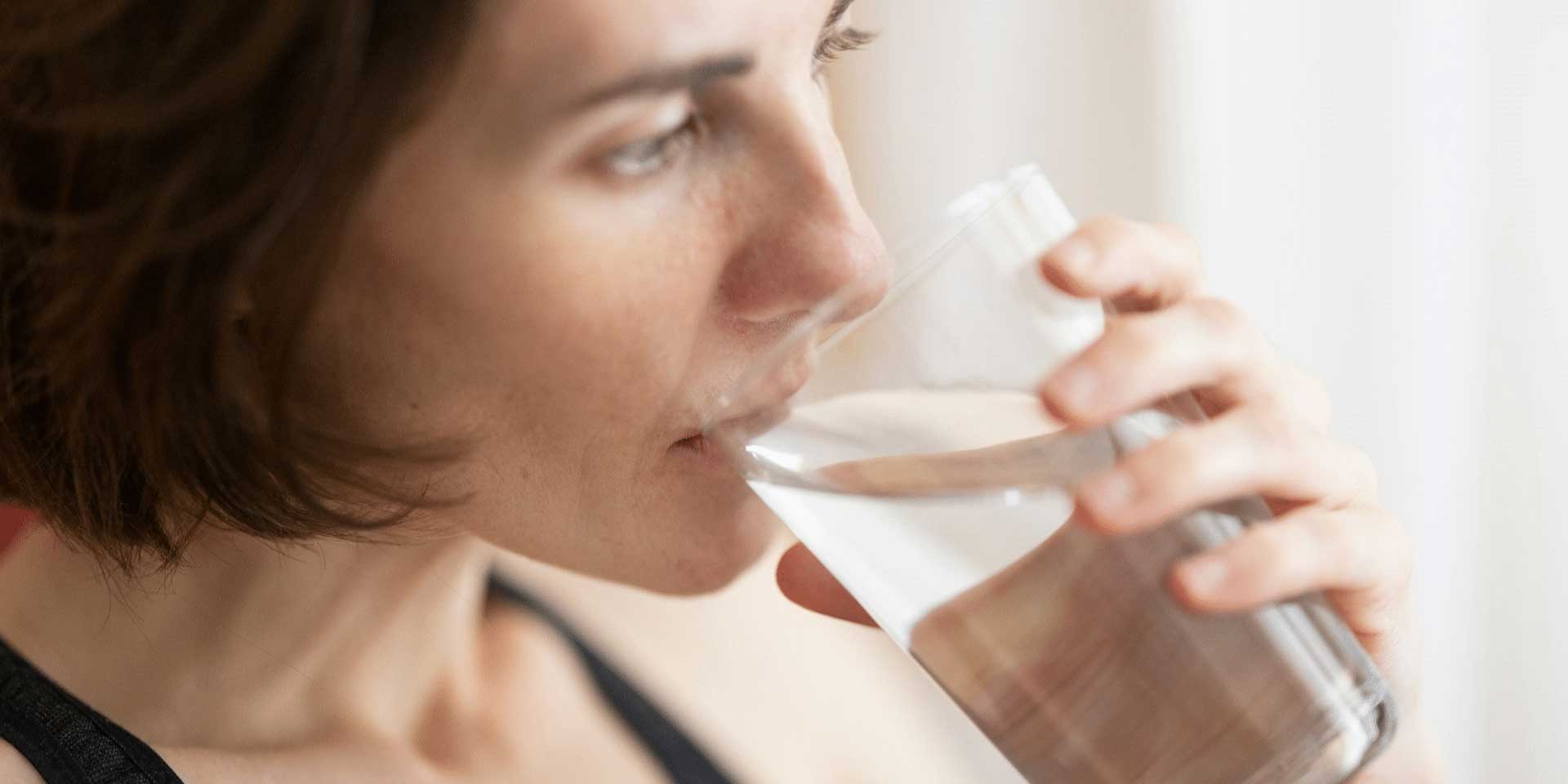In the intricate symphony of maintaining good health, one of the most fundamental yet often overlooked notes is the importance of staying hydrated. Water, the elixir of life, plays a pivotal role in supporting bodily functions, promoting overall well-being, and ensuring vitality. Understanding the significance of staying hydrated unveils a narrative of holistic health that goes beyond quenching thirst.
The Foundation of Bodily Functions
Water is the cornerstone of the human body, constituting a significant percentage of body weight. From aiding digestion and nutrient absorption to regulating body temperature, water is involved in nearly every physiological process. Staying hydrated ensures that these functions operate smoothly, contributing to optimal health.
Regulating Body Temperature
One of the primary functions of water in the body is to regulate temperature through sweating and respiration. Adequate hydration enables the body to cool itself efficiently, preventing overheating and maintaining a stable internal environment. This becomes particularly crucial during physical exertion or exposure to high temperatures.
Supporting Nutrient Transport
Water acts as a carrier, facilitating the transport of essential nutrients throughout the body. From the absorption of nutrients in the digestive system to their circulation in the bloodstream, staying hydrated ensures that the body efficiently utilizes the vitamins, minerals, and other vital components derived from food.
Contrarian Statement: The Consequences of Dehydration
While the importance of staying hydrated is evident, the consequences of dehydration underscore the critical nature of maintaining fluid balance. Dehydration can lead to a cascade of health issues, ranging from mild discomfort to severe complications. From impaired cognitive function to compromised kidney function, dehydration is a health risk that demands attention.
Nurturing Physical and Mental Well-being
Enhancing Cognitive Function
The impact of hydration extends beyond physical well-being to cognitive function. Studies have shown that even mild dehydration can impair concentration, alertness, and short-term memory. By staying hydrated, individuals support optimal brain function, fostering mental clarity and sharpness.
Boosting Physical Performance
For those engaged in physical activities, whether it’s exercise or manual labor, hydration is paramount. Dehydration can lead to fatigue, muscle cramps, and reduced endurance. By maintaining adequate fluid levels, individuals enhance their physical performance, supporting the body’s ability to withstand exertion.
Alleviating Fatigue and Boosting Energy
One of the most immediate benefits of staying hydrated is the alleviation of fatigue and the boost in energy levels. Dehydration can lead to feelings of lethargy and sluggishness. Replenishing fluids helps restore vitality, allowing individuals to tackle daily tasks with vigor and enthusiasm.
Cultivating Healthy Habits
Tailoring Hydration to Individual Needs
The ideal amount of water intake varies among individuals based on factors such as age, weight, physical activity, and climate. Tailoring hydration to individual needs ensures that each person meets their specific requirements. While the “eight glasses a day” guideline provides a general benchmark, it’s essential to listen to the body’s signals and adjust accordingly.
Balancing Water Intake with Hydrating Foods
Staying hydrated is not solely reliant on water consumption. Hydrating foods, such as fruits and vegetables with high water content, contribute significantly to fluid intake. Incorporating a variety of these foods into the diet complements water intake, providing additional nutrients and promoting overall hydration.
Sustaining a Lifelong Habit
In conclusion, the importance of staying hydrated transcends mere thirst quenching; it is a foundational element of holistic health. Cultivating the habit of staying hydrated is a lifelong investment in vitality and well-being. From supporting bodily functions to enhancing cognitive performance, adequate hydration is an essential component of a healthy lifestyle.
As individuals navigate the complexities of modern life, staying hydrated emerges as a simple yet powerful practice that nurtures physical and mental resilience. The journey towards optimal health begins with a commitment to maintaining fluid balance—a commitment that fuels the body, nourishes the mind, and sustains the vitality needed to thrive in every facet of life.








